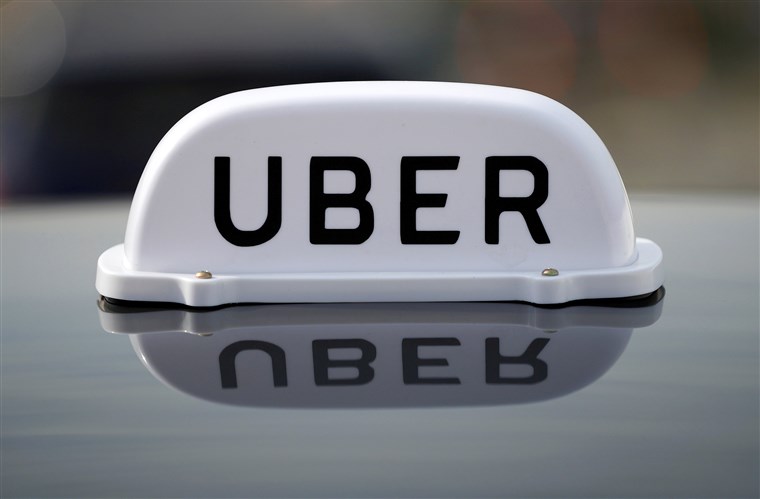Kenya has emerged among winners in a Common Market for Eastern and Southern Africa (COMESA) Competition Commission investigation that forced ride-hailing giant Uber to revise its terms of service.
The Commission found that Uber’s terms limited legal recourse for African users, exposed riders to hidden charges and indemnified the company from accountability.With Nairobi as one of Uber’s busiest markets in Africa, hosting thousands of active drivers, the ruling carries particular weight.In response to the complaints lodged in 2023, Uber dropped the Dutch jurisdiction clause, clarified how fares are calculated, adjusted cancellation policies to avoid penalising riders when drivers fail to show, and removed indemnity provisions that shielded it from liability over misuse of consumer data.
“Restricting the governing law to the Laws of the Netherlands had the effect of limiting the application of the domestic laws,” the Commission said. “The resulting judgment in the Netherlands would not be enforced easily in the Member States and it would be costly for consumers wishing to pursue justice.”
Kenyan riders have long raised concerns over fare discrepancies, last-minute cancellations, and disputes that were difficult to resolve due to jurisdiction being tied to Europe.
Drivers, too, have protested abrupt account suspensions and lack of recourse when deactivated. The industry has previously been rocked by disputes with the National Transport and Safety Authority (NTSA), which has pressed platforms to comply with local licensing rules and capped commission rates charged to drivers.
The Commission said it was satisfied with the amendments but pledged ongoing oversight: “The Commission is satisfied that Uber has addressed its concerns and complied with its directives. However, it will continue to conduct market reviews to ensure consumer rights are protected.”
Kenya’s ride-hailing sector has become intensely competitive, with Bolt and Little also jostling for market share. Analysts say the ruling may force rivals to revisit their own terms to avoid regulatory pushback.
For Uber, compliance may bring higher legal and operational costs, but it could also strengthen trust with regulators and users in Nairobi, a city where digital transport services have become an integral part of daily life.


